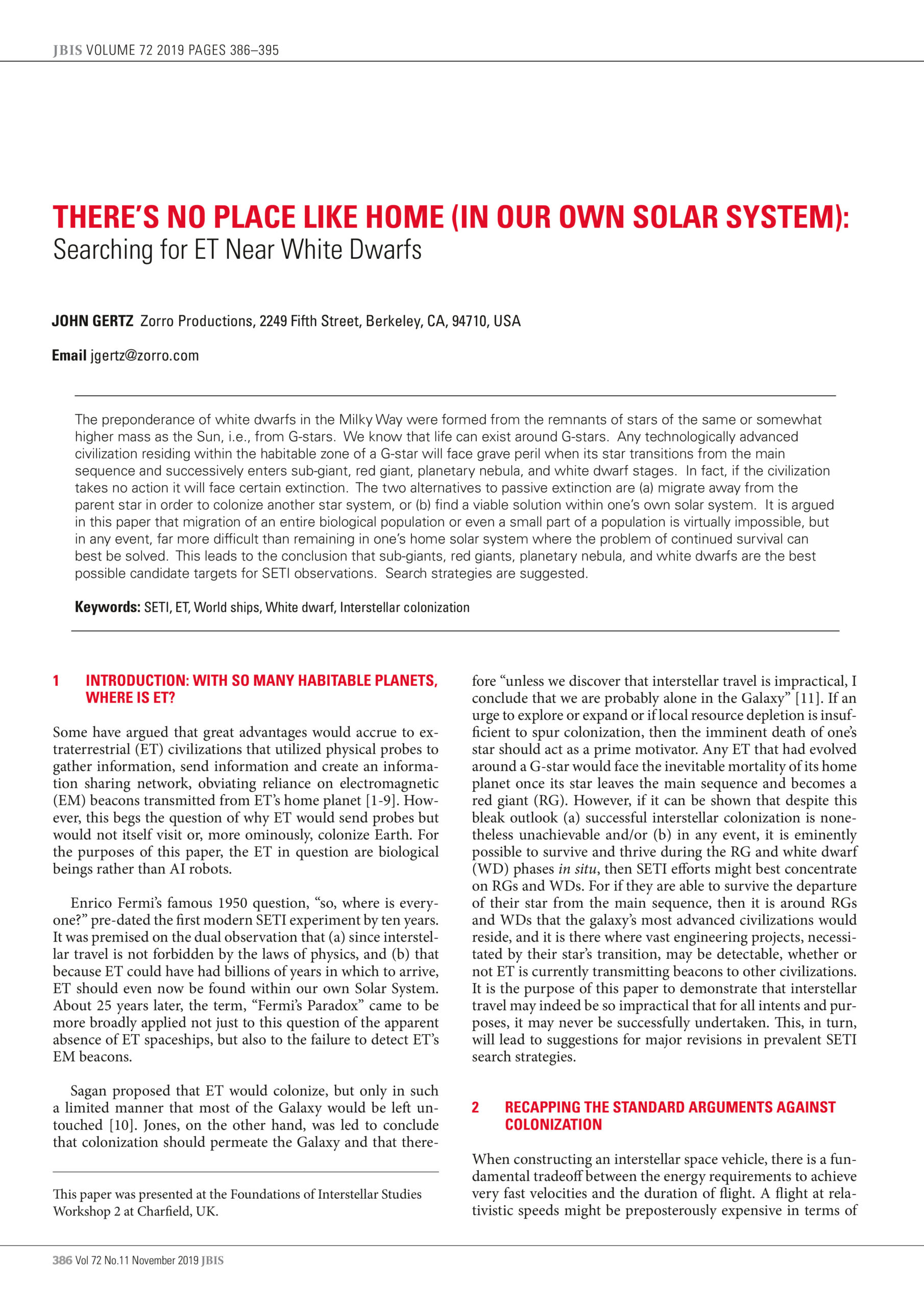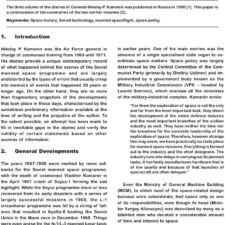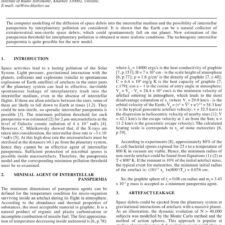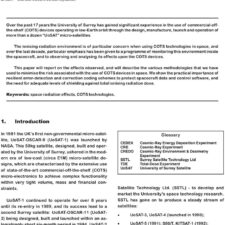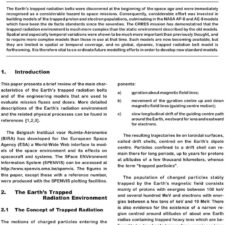There’s No Place Like Home (In Our Own Solar System): Searching for ET Near White Dwarfs
£0.00
J. Gertz (2019), JBIS, 72, pp.386-395
Refcode: 2019.72.386
Abstract:
The preponderance of white dwarfs in the Milky Way were formed from the remnants of stars of the same or somewhat higher mass as the Sun, i.e., from G-stars. We know that life can exist around G-stars. Any technologically advanced civilization residing within the habitable zone of a G-star will face grave peril when its star transitions from the main sequence and successively enters sub-giant, red giant, planetary nebula, and white dwarf stages. In fact, if the civilization takes no action it will face certain extinction. The two alternatives to passive extinction are (a) migrate away from the parent star in order to colonize another star system, or (b) find a viable solution within one’s own solar system. It is argued in this paper that migration of an entire biological population or even a small part of a population is virtually impossible, but in any event, far more difficult than remaining in one’s home solar system where the problem of continued survival can best be solved. This leads to the conclusion that sub-giants, red giants, planetary nebula, and white dwarfs are the best possible candidate targets for SETI observations. Search strategies are suggested.

